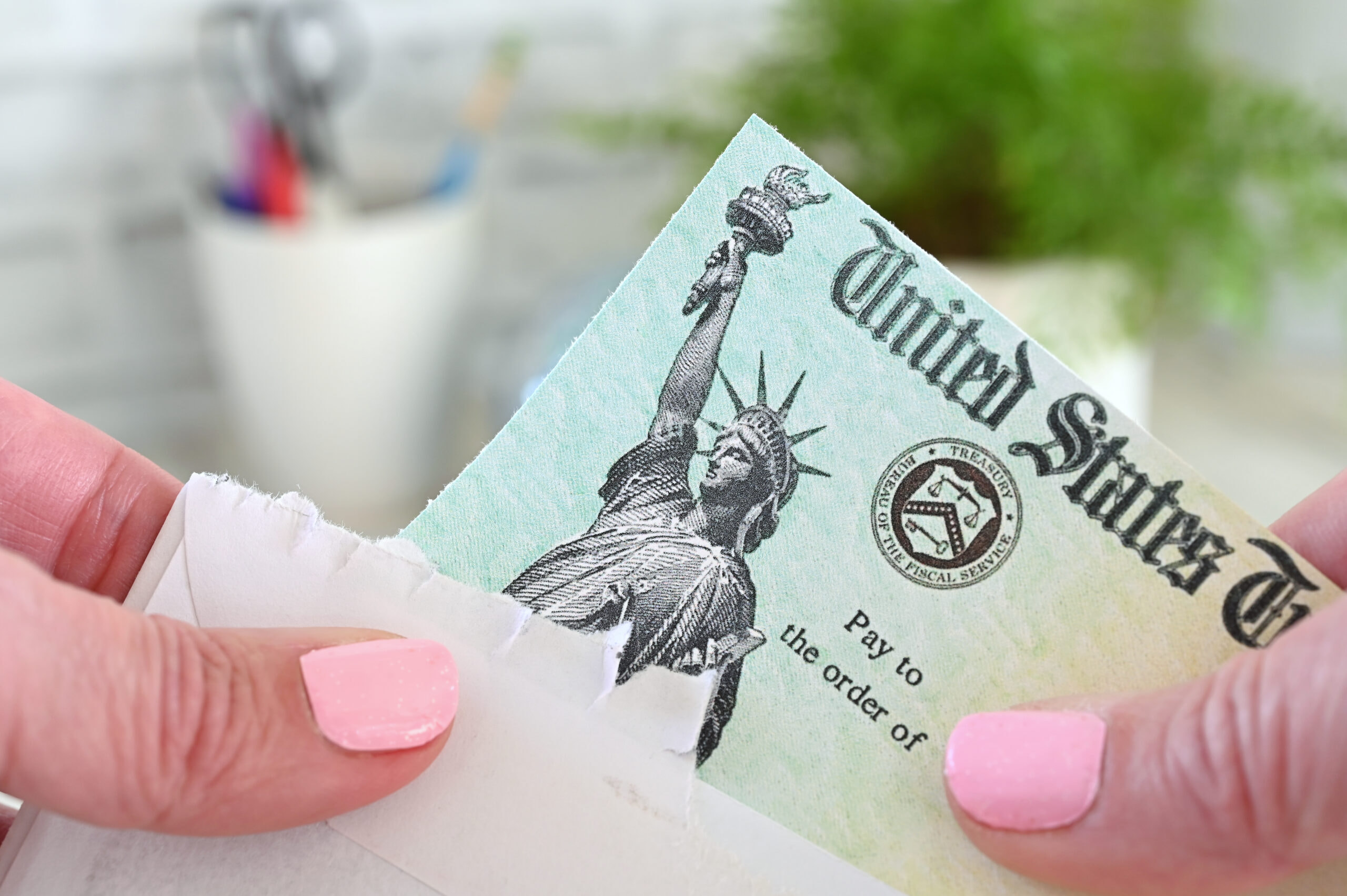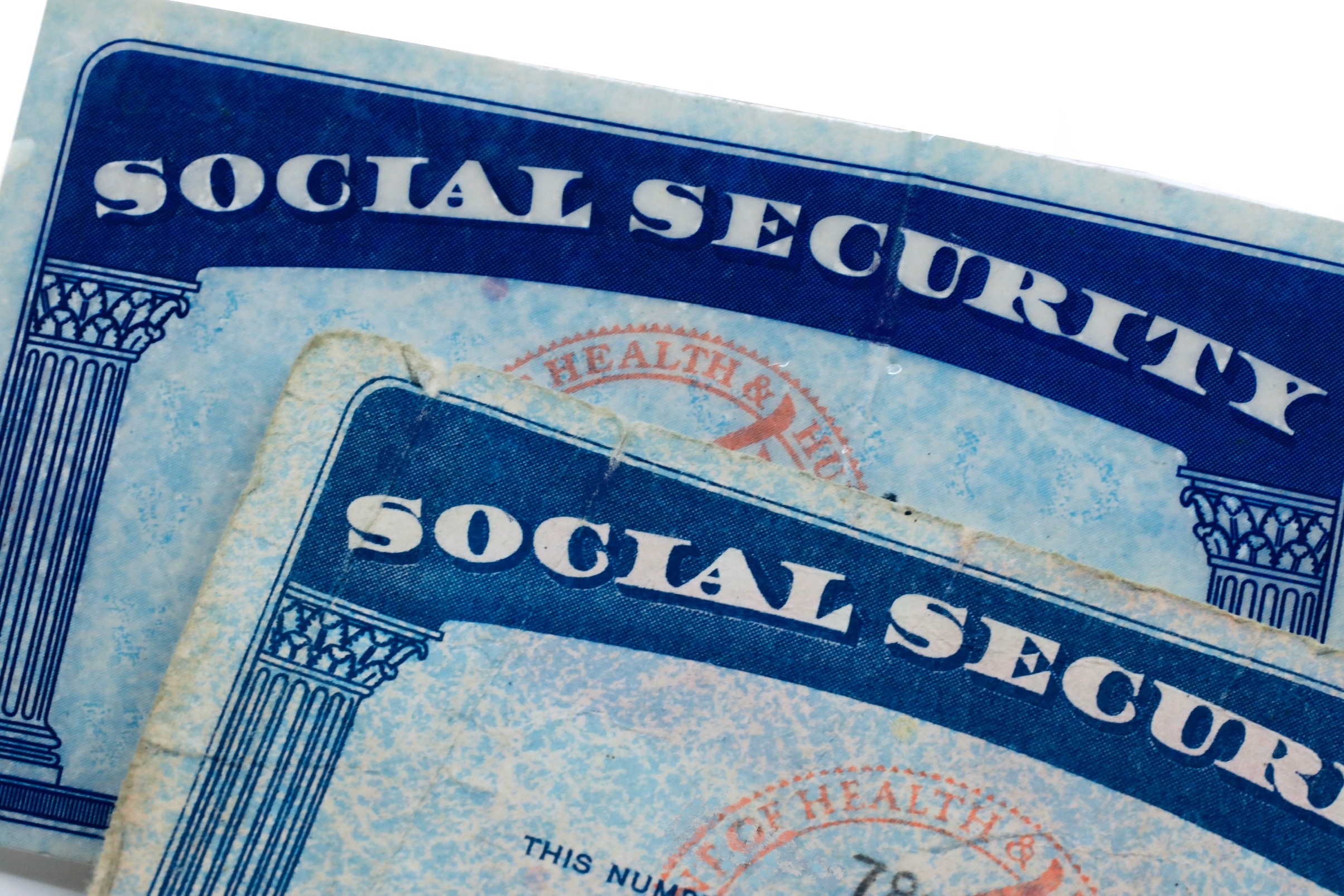Updated March 22nd, 2023
No matter how much we learn about the best ways to protect ourselves against card scams, criminals will manage to find new ways to elicit prepaid, debit, and credit card numbers from unsuspecting consumers.
Before you think this type of crime only happens to the old or vulnerable, consider these statistics shared by the Federal Trade Commission (FTC). Compared to adults ages 40 and over:
Millennials are 25% more likely to report losing money to fraud
Millennials are 77% more likely to say they lost money to an email scam
Millennials average $400 less per incident of fraud
Millennials are twice as likely to report purchased items that were never delivered or weren't as advertised
What does this show us? Financial scams can happen to anyone, no matter how tech-savvy. Here are some of the credit card scams happening today that you should know about.
Credit and debit card scams to watch out for
1. Online quizzes
Those personality tests on social media can be fun, especially when you compare results to friends. However, depending on how truthfully you answer, you could be giving away important personal information that fraudsters can then use to hack your online bank and shopping accounts.
Think about the security questions you've set for your online accounts, including the city you were born in or your first car. These are the same types of questions that criminals cleverly hide within the questions of quizzes like, "Which actress are you most like?" or "What pop album would make the best soundtrack for your life?" While not all of these quizzes are dangerous, it's hard to tell until it's too late, and your answers could even be used to guess passwords.
2. IRS refunds
It's almost tax time, and that means fresh new scams around tax refunds and audits. If you provided a phone number or email on your tax return, it's possible that any tax communications could arrive via those methods, but the IRS will always contact you by mail for the first time.
Any text message offering a tax rebate or refund payment is a scammer hoping to get more information out of you so they can take money from your account or steal your debit card numbers. Don't click on these links, and always check your tax refund stats using the official Where's My Refund link on the IRS website, not by calling a number or texting.
3. Frozen credit or debit card
This scam starts when you receive an automated call or text message from your bank letting you know that your card has been frozen because of suspicious activity. Next, you are prompted to press "2" to talk to a representative who will ask for your account number and other personal information. If you receive a text, there will be a link that they ask you to click to learn more. At first, you may feel a sense of relief knowing that your bank is looking out for your money, but beware.
If your card has legitimately been frozen, then the bank will usually call you and ask you to contact the bank. This ensures that you are actually talking to your bank. They will never call you and conduct the reactivation within the same phone call. If you are unsure if the caller is legitimate, hang up, and call your bank directly to ask about your account.
You can also always call your bank directly. They can tell you if your account has been frozen and can share any pending or completed transactions. If you see anything suspicious, they can temporarily freeze your card to keep anyone from making charges while you get things sorted out.
4. Large invoice for services
This scam begins with an email with an invoice attached. The invoice claims to be for a well-known software service or tech support service, such as Best Buy's "Geek Squad," usually for hundreds of dollars. The email says you will be charged this large amount if you don't click to cancel your service or click a phone number.
Of course, you didn't buy anything, so there's nothing to cancel, but the scammer is hoping you'll panic and follow the directions to cancel the service anyway. If you do call the number, you may be asked to give remote access to your computer, where the scammer can infect it with viruses or steal important information. If you click on the link, you'll be the victim of phishing, a crime where the scammer asks for personal information to complete the "cancellation" — and then uses your data to make purchases without your permission or take money from your bank account.
These scams work because it can be very disturbing to think you will be charged hundreds of dollars, and you may be tempted to do as the email says. Don't! You can always contact your credit or debit card company to see if there is a pending charge from the company mentioned in the email. If there are any unauthorized charges, their fraud department will work with you to get them handled the right way.
Worried about debit card scams?
The best thing you can do is refuse to share your personal information, card numbers, or account logins with anyone, even those claiming to be from the businesses you use often. You might also consider using virtual card numbers. These are unique card numbers generated each time you shop online that create a safer buying experience.
Netspend prepaid debit cards currently offer a virtual1 account feature, as well as Mastercard Zero Liability2 for potential fraudulent purchases made with your card. If your card number does get into the hands of an unauthorized user, you may not be on the hook for purchases made and can more quickly get your life back on track.
If you do suspect you're at risk, get in touch with your card's customer service department right away.
If you're not sure it's a scam, check out the FTC's Scam portal, where you can look up recent scams, how to report them, and what to do if you've been put at risk. While not all crimes will be solved, sharing with others can help them be aware. Together we can reduce the number of crimes and help educate others about the risks.


